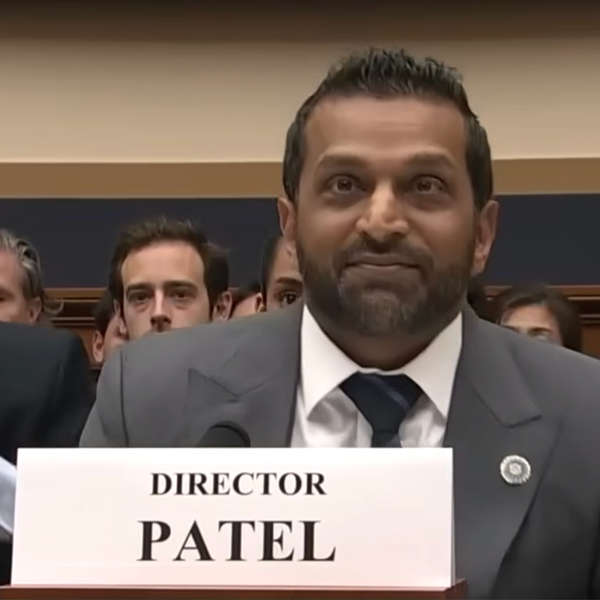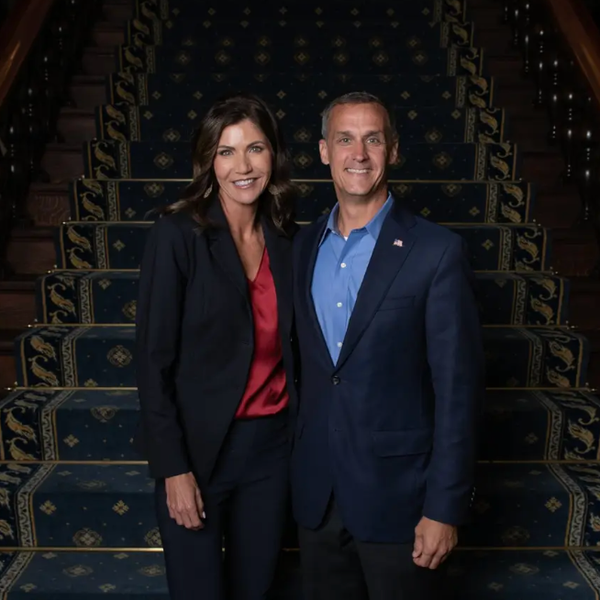Everyone remembers how fast EBay, Facebook, YouTube and other websites that have changed our world grew.
It’s almost six years since Twitter was founded. What’s the next web tool poised for explosive growth? It may be Change.org, which boasts almost 10 million active users and is adding more than a million users a month. The big question is not whether its investors and about 100 employees will get rich off social entrepreneurship. It’s whether Change.org will change the world.
That URL went through several lame incarnations in recent years before becoming, in its own words, “a social action platform that empowers anyone, anywhere, to start, join and win campaigns for social change.” The site is neutral — think YouTube — and hosts about 10,000 campaigns a month from more than 150 countries. Some of them are sponsored by organizations such as Amnesty International and the Humane Society that pay the site to host their petitions; most, however, are homegrown efforts focused on local issues.
So far, the online petitions have garnered anywhere from a few dozen signatures to more than a million. The biggest — with more than 1.3 million signatures — is one calling for passage of Caylee’s Law, named after Caylee Anthony, which would make it a felony for parents or guardians not to notify law enforcement of a missing child within 24 hours.
Power Shift
Like Twitter, Change.org has the potential to reorder power relationships in a hugely beneficial way.
In a brilliant forthcoming book, “Why Nations Fail,” MIT economist Daron Acemoglu and Harvard political scientist James Robinson analyze hundreds of years of world history to explain that the fate of nations is determined not by culture, weather or geography (look at the differences between North and South Korea) but by the strength of political and economic institutions.
Those countries with “inclusive” institutions that respond to the will of the masses, not just the elites, succeed. Those with “extractive” businesses and governments that use crony capitalism (or crony socialism) to stifle competition and exploit others, fail. Thus Nogales, Arizona, is prosperous and Nogales, Mexico, just across the border is poverty stricken. The authors argue that even economically successful regimes such as China’s will founder if they don’t open up.
So with all the bad news in the world, it helps to understand that what President George H.W. Bush called “a thousand points of light” are growing almost exponentially, and not only in the huge expansion of “changemakers” (Ashoka Foundation founder William Drayton rightly prefers that to the word “nonprofits”) that Bush cited.
Just as we learned that it takes only one terrorist to shake the world, we now know that it takes only one changemaker to begin fixing things, large and small. Technology now allows that person to nudge the world even if they lack the charisma of Lech Walesa or Mahatma Gandhi.
It could be Molly Katchpole, a recent college graduate working two jobs who was upset about a $5 debit-card fee tacked on by Bank of America. After 300,000 signatures on Change.org and some ensuing media attention, the bank cried uncle. Verizon abandoned an online payment fee in 24 hours. Now AT&T executives are resisting protests over their new policy of slowing down data speeds for those who bought unlimited data plans. Good luck with that one, fellas.
Better Storytelling
The site’s petitions have helped to achieve a variety of goals. After Change.org campaigns, a judge ordered shackles removed from a 13-year-old suspect, the National Park Service reversed its position and reinstated a ban on plastic bottles in the Grand Canyon, Amazon.com pulled whale and dolphin meat products from its site, and scores of individuals have averted deportation, been reinstated in jobs or avoided foreclosure. When women in Saudi Arabia protested U.S. Secretary of State Hillary Clinton’s refusal to speak up for their right to drive on Change.org, they contributed to Clinton reversing her position.
I’m especially intrigued by the site’s potential to reinvigorate investigative reporting by making it seem less futile. After a “This American Life” story on public radio, 250,000 people used Change.org to register their objections to the working conditions at Apple’s Chinese suppliers. The company went on to announce new transparency guidelines.
There’s no magic threshold of signatures that brings victory. A young man started a campaign to get Blue Cross and Blue Shield to continue insuring his father, who had come out of a coma, for the course of his recovery. More than 180,000 have supported his cause; the effort hasn’t attained its goal so far.
It may not be long before the power balance between shareholders and consumers shifts further. The site, which hopes to have 25 million users by next year, plans to integrate with social media so that campaigns relating to brands will automatically post on, say, the company’s Facebook wall.
Obviously, if every consumer petition led to changes that severely cut profits, the economy (including the well-being of the petitioners) would suffer. But we’re a long way from mob rule of our institutions. In fact, Acemoglu and Robinson (who don’t mention Change.org in the book) argue that the U.S. is in danger of becoming more extractive.
The way forward is through better storytelling. Online campaigns work best when they have narratives behind them — plucky stories of average people crowd-sourcing their way to power, as Katchpole did against Bank of America.
One big question is whether crowd-sourced advertiser boycotts may be in the offing, perhaps against billionaires trying to hijack the U.S. political system. Will people start successful campaigns against Brawny Towels (the Koch brothers) and the Sands and Venetian casinos (Sheldon Adelson)?
Of course, ordinary people may care a lot more about the environmental messages on the website of the animated movie “The Lorax” (the target of a successful campaign launched by fourth- graders) than they do about super-PACs. But that could change in a flash on Change.org. “Every week brings some totally new use of this,” says Benjamin Joffe-Walt, the site’s communication director. “We have no idea where the whole thing is going.”
Joffe-Walt says the mission of Change.org is to be “the most empowering organization in the world.” Don’t bet against it.
(Jonathan Alter is a Bloomberg View columnist and the author of “The Promise: President Obama, Year One.” The opinions expressed are his own.)
To contact the writer of this article: Jonathan Alter at alterjonathan@gmail.com.








